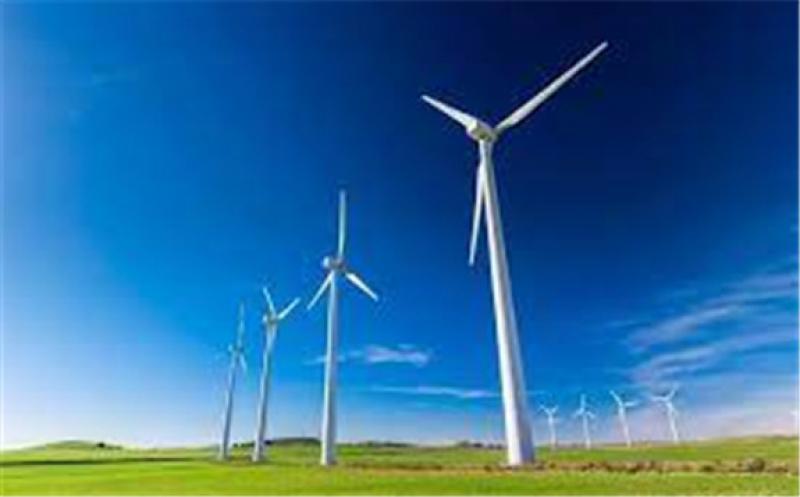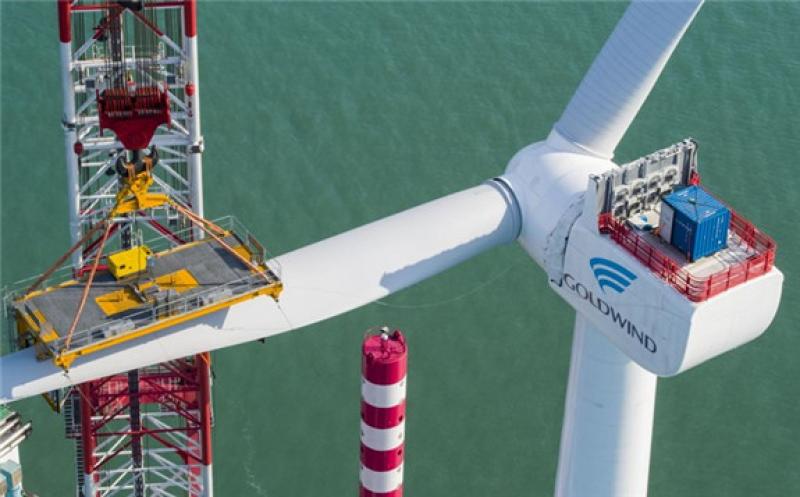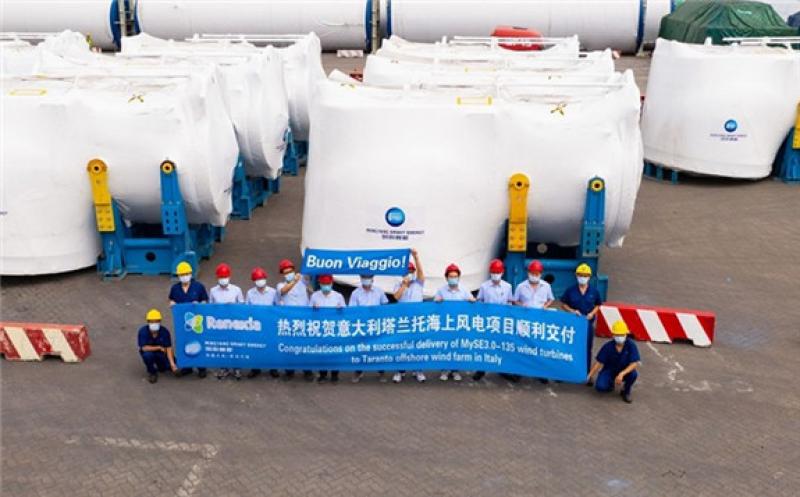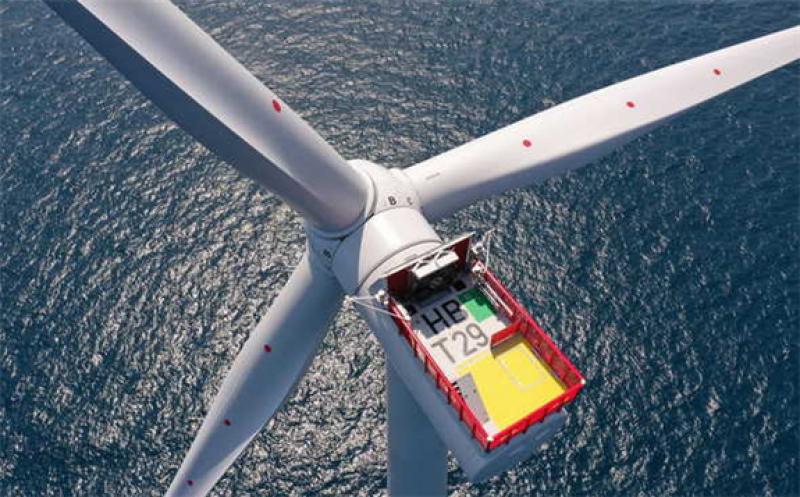
85% of homes in the UK use gas for heating and cooking and more than 50% of energy consumed by industry, alongside 40% of electricity, is also generated from gas.
The key feature of hydrogen is that when combusted it produces no carbon emissions and is therefore a low carbon alternative to natural gas.
Lead author, Dr Robert Sansom of the IET’s energy policy panel, said: “We are now in a position to seriously consider the viability of using hydrogen in the UK’s gas grid for use by homes and businesses which could significantly contribute to the decarbonisation of the UK’s energy sector.
“Hydrogen has not been deployed at scale anywhere in the world and so any proposal will need to compensate for this lack of experience.
“Our report identifies key risks and uncertainties such as ensuring that we understand the impact on the public from a transition to hydrogen and can minimise any disruption that arises.
“We know hydrogen produces no carbon emissions when burned but it is also important to fully investigate and understand the overall environmental impact a switch to hydrogen is likely to make.
“It’s fundamental that these areas as well as others identified in the report are comprehensively addressed before a programme of large-scale deployment is considered.”







